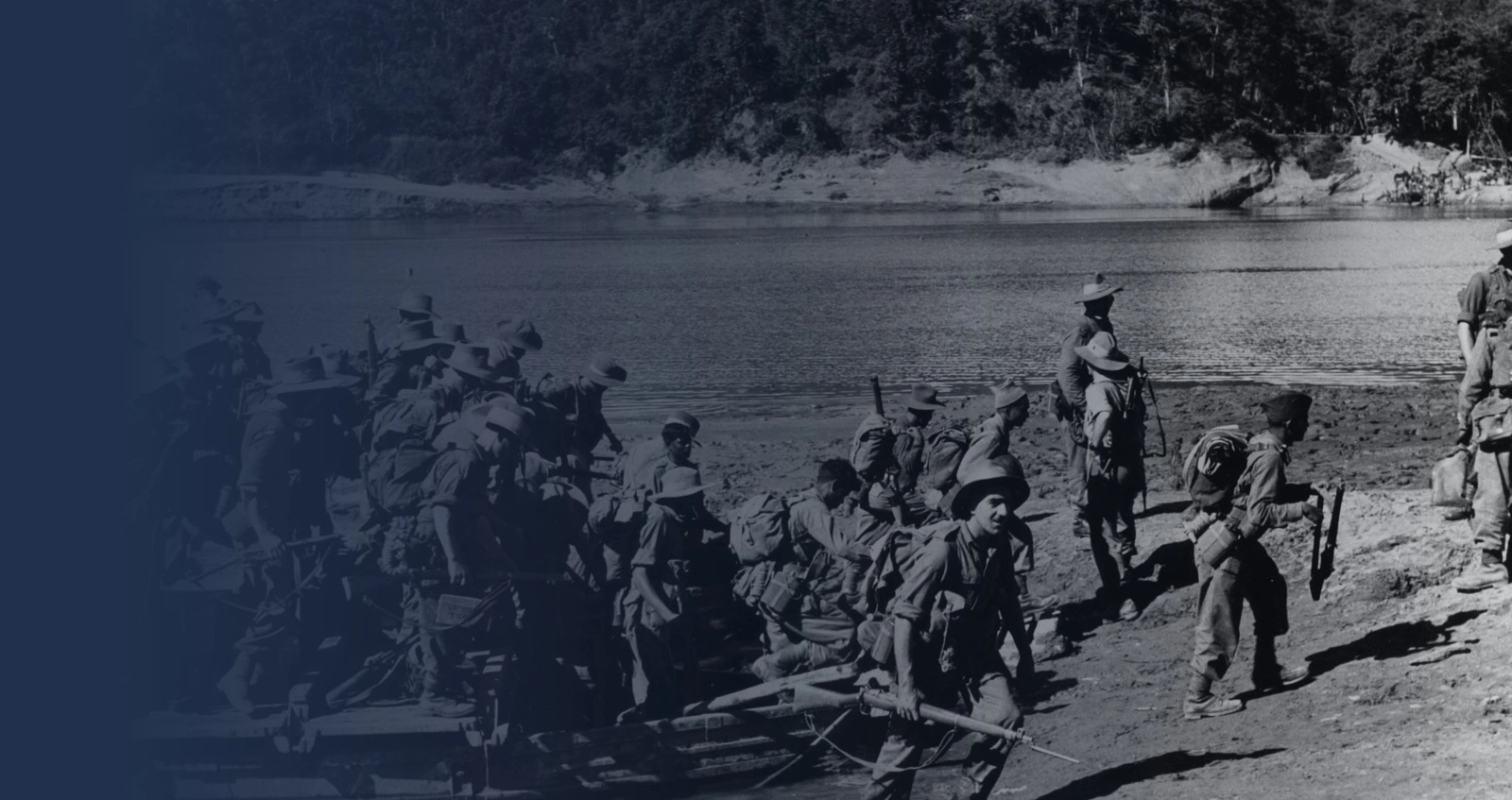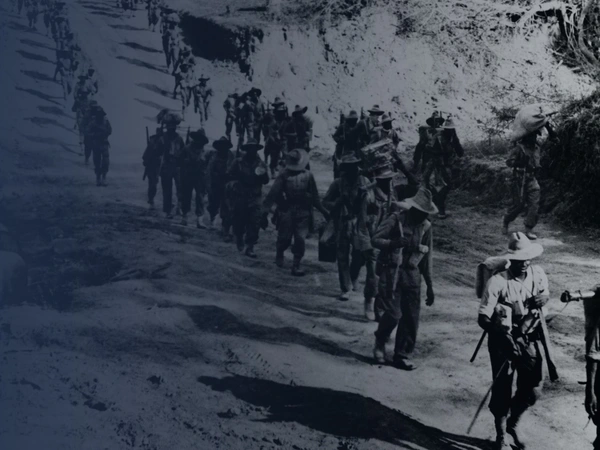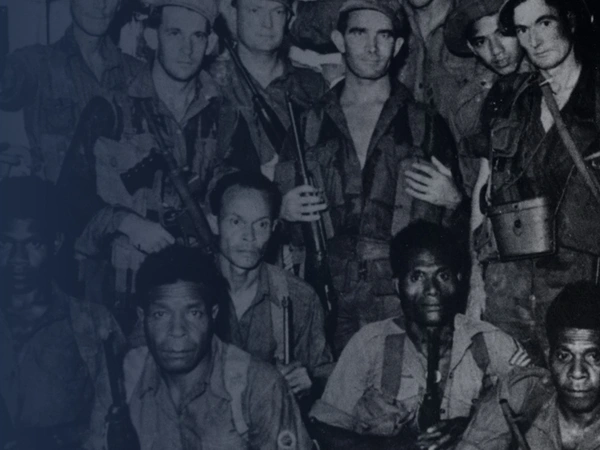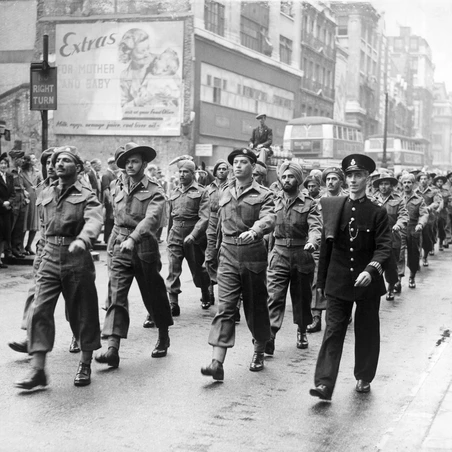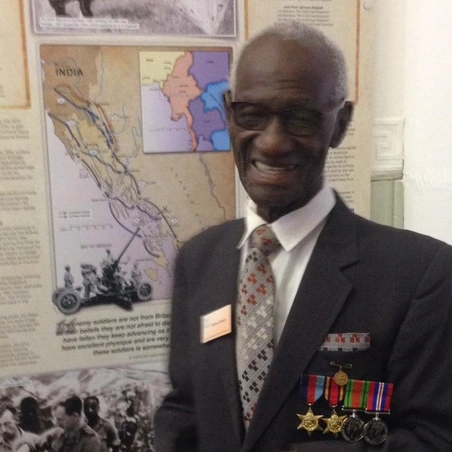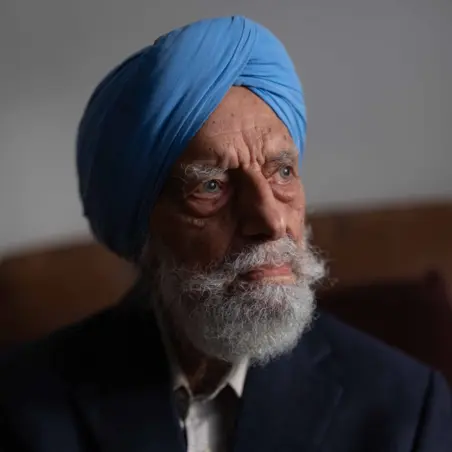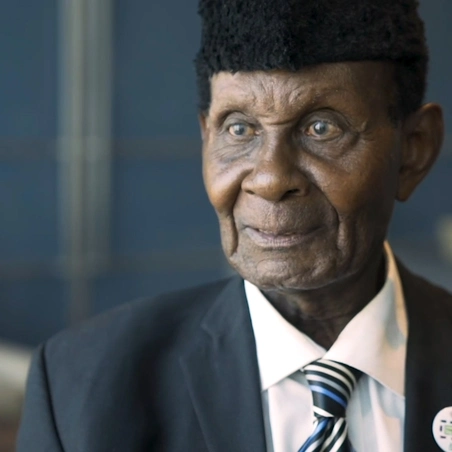British, Commonwealth and Allied forces fought across a vast area in the Asia-Pacific Region which meant dividing the area into different military commands.
In both of these commands Commonwealth forces outnumbered British forces, and they were essential in bringing the war against Imperial Japan to an end.
SEAC
The first was the South East Asia Command (SEAC) which stretched from North East pre-partition India to modern day Vietnam and Indonesia. The war they fought was to become known as the war in the Far East.
Under the overall command of Admiral Lord Louis Mountbatten in April 1945, the number of Allied service personnel in SEAC totalled an incredible 1,304,126.
Of this number 954,985 men and women were from Commonwealth and Empire forces. There were also non-British and Commonwealth forces who operated within SEAC including, Nepalese, and some US and Chinese Nationalist forces under General Joe Stilwell.
The Pacific
The second was the Pacific which covered the Pacific Ocean and the islands, lands and territories of the South West Pacific. It stretched from the West Coast of Canada to Japan, and south to Australia, New Zealand and the Pacific Islands.

